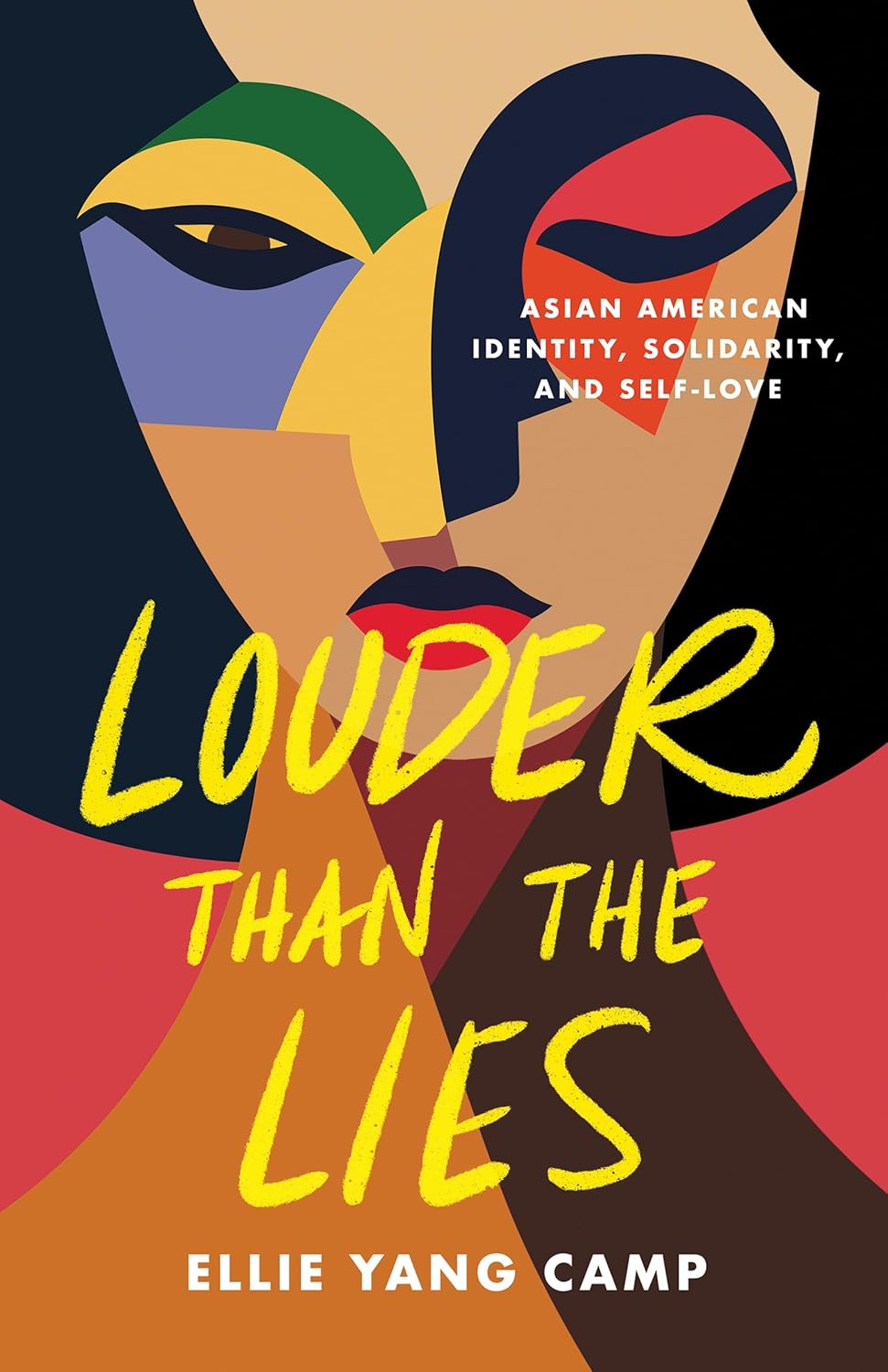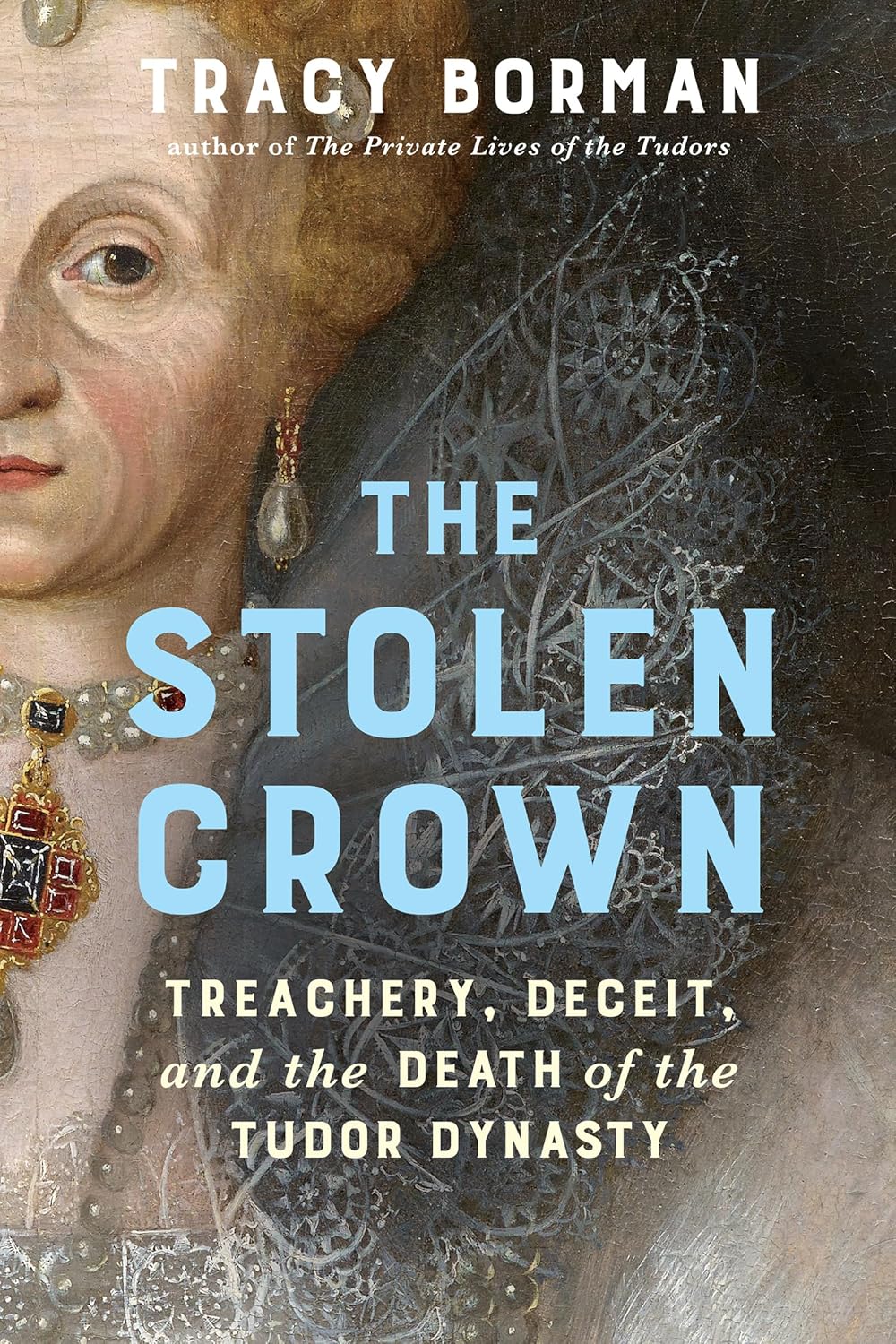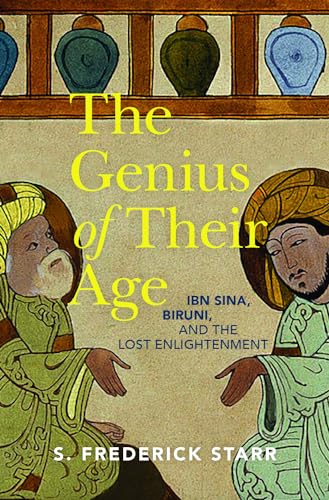Louder than the Lies: Asian American Identity, Solidarity, and Self-Love
- By Ellie Yang Camp
- Heyday
- 272 pp.
- Reviewed by Alice Stephens
- November 4, 2024
A primer on breaking free from white supremacy.

While watching footage of the January 6, 2021, insurrection, I was shocked and dismayed to spy a Korean flag waving amidst the Confederate, America First, Kekistan, and other banners of white supremacy. As a Korean immigrant, I couldn’t understand why any of my cohort would align themselves with a racist wannabe dictator who’d spent much of his term in office spewing hateful rhetoric against immigrants, fanning the flames of anti-Asian hate by calling covid “the China virus,” and publicly flirting with Kim Jong-un.
Although I’m an immigrant, I came to the U.S. as an infant, adopted and raised by a white family. With such proximity to whiteness, I am intimately familiar with the machinations of white supremacy: the relentless divisions into categories of us vs. them; the subtle and blatant stereotyping of non-whites in all media, from network news to literature to Hollywood; the objectification of non-whites as curiosities who exist to offer learning opportunities to white people, etc.
I know how white people think because, for a long time, I thought I was one.
After reading Ellie Yang Camp’s Louder than the Lies, I realize most Asian immigrants don’t think they’re white, as I did, but do think they’re American, which has mostly been defined by white people from George Washington to Timothée Chalamet. Even when faced with steep prejudice and a playing field that favors whites, many immigrants continue to believe in the promise of the American Dream for all through hard work and a little ingenuity, passing on this point of view to their children. It is these first- and second-generation Asian Americans who are Camp’s audience. According to the author, “This book is a collection of ideas and frameworks to help us make better sense of what we experience as people of Asian descent living in the United States.”
The introduction makes clear that this is not an academic work. The tone is chatty, there’s no original research, and Camp relies on her personal history to exemplify the typical Asian American experience. That’s not to say the book lacks supporting sources; Camp cites several canonical books, including Erika Lee’s The Making of Asian America and Cathy Park Hong’s Minor Feelings, as well as many articles and other media.
She uses simple illustrations and charts to make the theoretical visible — for example, a balance-of-power scale showing where Asian Americans sit on the racial spectrum, or nested boxes demonstrating how white supremacy is at the core of the overarching frameworks of settler colonialism, capitalism, Eurocentric thinking, and empire.
Dividing the book into three sections, Camp defines how “the system” of white supremacy works; describes how Asian Americans live within the system; and offers ideas for dismantling the system.
She asserts that the four pillars of white supremacy are commodification, extermination, demonization, and indoctrination, dedicating a chapter to each to examine “how the system of white supremacy affects our everyday lives in ways that are so commonplace they can be hard to recognize.” From the Chinese Exclusion Act of 1882 to the “model minority” myth, from the internment of Japanese Americans in the 1940s to the Atlanta spa hate-crime killings in 2021, Camp details the countless ways America has failed its citizens of Asian descent.
Finally, the book endeavors to guide the reader out of the clutches of white supremacy and into social-justice liberation. “In order to free ourselves from this system,” she writes, “we need two major things: 1) for us to heal from the harm we have experienced, and 2) for the system to be dismantled.” The author contends that Asian Americans must move away from identifying with whiteness and instead ally themselves with those at the bottom of the white-supremacy power structure: Black and Indigenous people.
It’s unlikely that whoever brought the Korean flag to the January 6th attempted coup will read Camp’s heartfelt handbook on breaking free from white supremacy. But for those who’ve always had an underlying sense of unease at the strange niche carved out for people of Asian descent in the American political and cultural landscape, Louder than the Lies will help them process that feeling and find ways to work toward a more equitable future for all.
Alice Stephens is the author of the novel Famous Adopted People.

